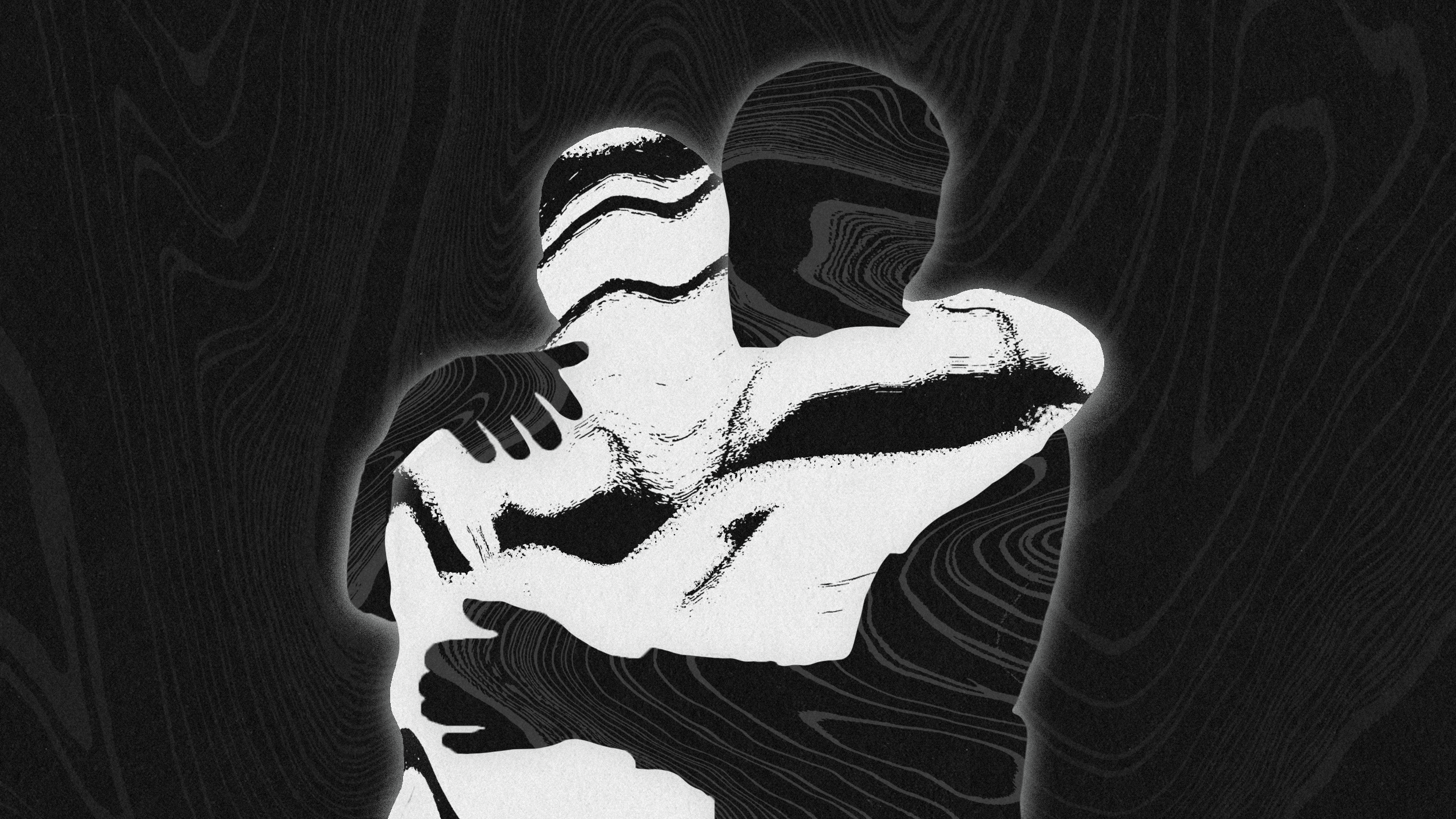Symptoms of mental exhaustion and tips for overcoming it

Credit: Andrea Piacquadio from Pexels
- Mental exhaustion is a symptom of long-term stress. It can affect physical well-being, causing a person to feel physically exhausted.
- There are some things you can do yourself to alleviate your mental strain, which will then eliminate some of the mental exhaustion you’re feeling.
- Seeking medical assistance for mental exhaustion is common, with therapists working alongside patients to help develop healthy coping mechanisms and doctors assisting with treatments such as antidepressants or anti-anxiety medications where needed.

Knowing the symptoms of mental exhaustion can help you understand when to seek help.Credit: Vectorium on Shutterstock
According to Medical News Today, mental exhaustion can affect physical well-being, causing a person to feel physically exhausted.
What are the symptoms of mental exhaustion?
- Low emotional resilience
- Feeling stressed or anxious
- Cynicism or pessimism, feeling like nothing is going right
- Apathy (a feeling of not caring)
- Difficulty concentrating
- Feelings of helplessness
- Physical exhaustion or fatigue
- Sleep problems (sleeping too much or too little)
- Feelings of being overwhelmed
- Low motivation
- Feeling distracted or on edge
- Difficulty with memory
- Headaches
- Drastic weight gain/loss
- Changes in appetite
- Depression/depressive symptoms
- Suicidal ideation
- Irritability
What is the difference between stress and mental exhaustion?
Stress is something we all experience – it’s the body’s natural response to situations that are new, scary, worrisome, etc. The biological response is a surge of stress hormones (adrenaline and cortisol) that helps us react quickly to perceived threats or high-pressure situations. With stress, once the “threat” has been removed, your body will stop the surge of hormones and you should go back to your normal state.
Mental exhaustion, however, is a symptom of long-term stress. When you are continually dealing with things that activate your body’s natural stress response, your cortisol and adrenaline levels remain high. Eventually, this begins to interfere with your body’s normal functions (such as digestions, sleep, your immune system, etc.).
What causes mental exhaustion?
Mental exhaustion or “burn out” are terms that are often used to explain the feeling of being overworked or generally stressed about things relating to your work, but mental exhaustion can be caused by a long period of persistent stress in any areas of your life. It could be work, it could be your home life, or it could be a combination.
Mental exhaustion can be caused by high-pressure jobs, working long hours, being dissatisfied at work, being the caregiver for an ill loved one, living with a chronic illness, the sudden death of a loved one, poor work-life balance, lack of social support, or a number of other factors.
How can I tell if I’m emotionally exhausted?
Psychology Today has an incredibly helpful “emotional exhaustion inventory” to check your status:
- I smile less frequently than I used to, even in situations I typically would find funny.
- My senses seem dulled, so food tastes flat, music doesn’t move me, back rubs give me no pleasure/release, and I reach for black or grey clothes.
- I can’t sleep. Either I can’t fall asleep, stay asleep, or all I want to do is sleep.
- Socializing is difficult. When I am with friends or family, I feel disconnected and have a hard time paying attention to what they say.
- I get startled easily by voices, noises or movement. I feel jumpy and jittery.
- I am more irritable than I used to be, especially in lines, online and on the phone.
- My anxiety level is higher than usual, and crowds and traffic make me feel claustrophobic.
- I cry more easily, particularly during movies, sad news reports, sentimental stories and even shows with happy endings.
If any of these statements sound familiar, you could be dealing with mental/emotional exhaustion.

Seeking medical assistance for emotional exhaustion can help you get back on track. Credit: Evellean on Shutterstock
How can mental exhaustion be treated? There are some things you can do yourself to alleviate your mental strain and thus eliminate some of the mental exhaustion you’re feeling.
Remove the stressors in your life.
If you’re overwhelmed with your tasks at work, consider asking for help or delegating some of your tasks to others, if possible. If you’re feeling overwhelmed at home, consider enlisting the help of a babysitter or house cleaner to eliminate some of your stress.
Keep a journal.
Writing can be extremely therapeutic. Writing about things you are thankful for (especially at a time in your life where you are overwhelmed) can positively impact your mental health way more than you realize. Research has showed that people who practice gratitude (and gratitude expression exercises) often have a higher sense of well-being, fewer symptoms of physical illness, reduced stress, and higher relationship satisfaction.
Exercise regularly.
While you may not have time to visit the gym, there are many ways you can incorporate a bit of exercise into your daily activities, such as taking the stairs more often than the elevator at work, waking up early to go for a walk/run or even doing some physical activity while watching television at the end of the day.
A 2010 study of 533 Swiss police officers and emergency service corps found that exercise was associated with enhanced health and actually protected against stress-related health problems. The participants of this study also reported feeling better prepared to cope with the chronic stress of their jobs.
Incorporate relaxation techniques into your daily routine.
Meditation, according to a 2013 Bangkok study, lowers cortisol levels in the blood, which may then lower the risk of diseases associated with stress. If you’re not into meditation, other forms of relaxation including yoga, deep breathing exercises, massage, aromatherapy, or tai chi may also be helpful.
Adjust your sleeping patterns.
Sleep is essential for your emotional well-being. HealthLine suggests developing a bedtime routine and sticking to it. It can also be particularly helpful if this routine occurs at roughly the same time every evening. This can be doing some light reading for a few minutes before bed at the same time every night, for example.
Seek medical assistance from a doctor and/or therapist.
Mental exhaustion is an incredibly real and difficult thing to cope with, and seeking medical treatment for it could be one of the best choices you make. A therapist, for example, can provide you with the tools you need to cope with daily stressors. A doctor can talk to you about your symptoms and potentially prescribe medicines (such as antidepressants or anti-anxiety medications) if they feel it may be helpful.





